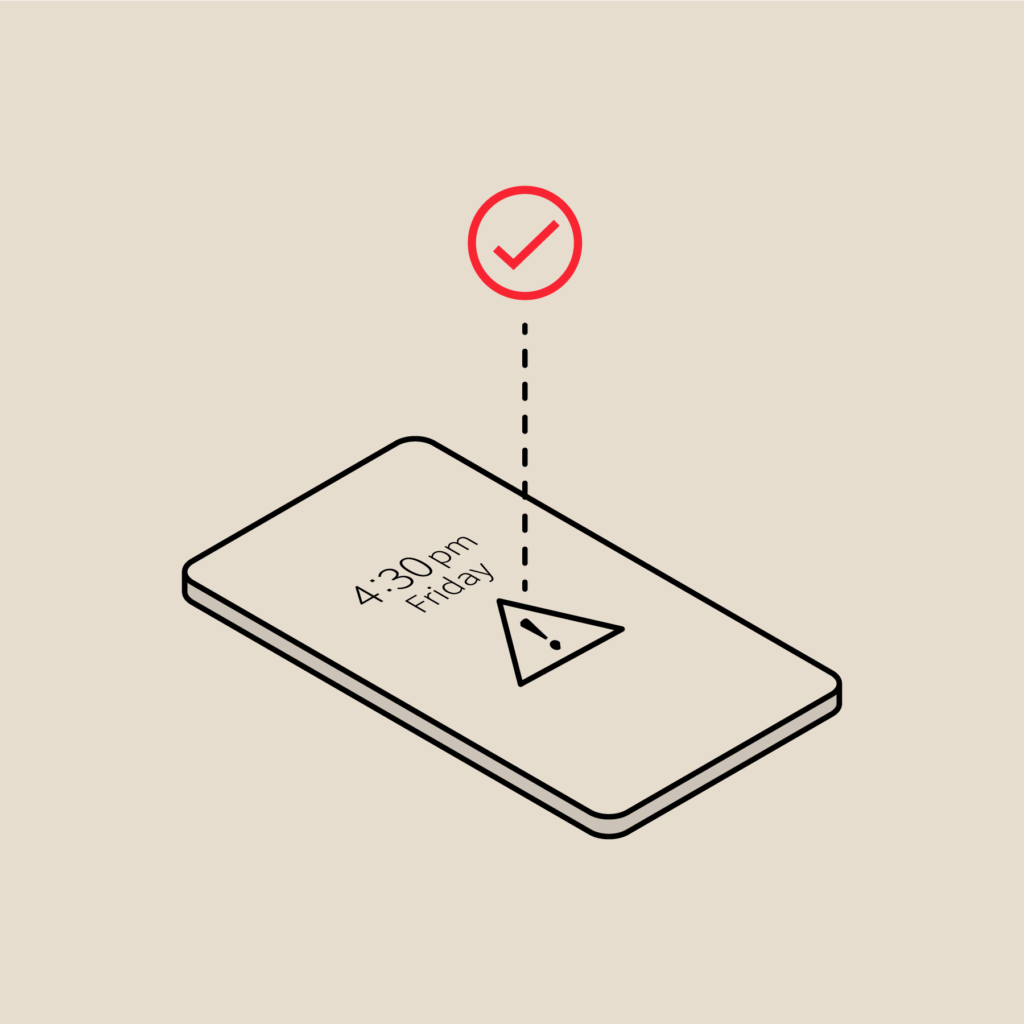Avoid an Inbox Full of Stress, Get Everyone On-Call
Whenever we meet someone the first question we are asked is what we do for a living. We are always on the job, even though we try our hardest not to be.
While this can cause stress or worry, it also creates a sense of ownership over our responsibilities. None of us wants someone else to have to pick up the slack because we aren’t around.
In a sense, we’re all already on-call. From the support person receiving a customer email late into the evening, to the office manager who has to respond to an alarm going off in the office on a Saturday. So why not make it official?
It’s Crazy. Solve Problems, Only When There Are Problems
Explicitly assigning responsibility for incidents, you avoid everyone having to own every problem. These designated people will be able to respond to incidents faster, knowing they are accountable, instead of waiting for someone else to respond.
By resolving these incidents faster you are minimizing your customer impact. The office manager who is aware of a broken AC Unit can make arrangements so the team isn’t delayed come Monday morning. Support reps can make sure that customer situations are responded to alleviate chaos or avoid a public social media outcry for help.
Why Should I Care About Being On-Call?
Easy. Remember the transitive property from algebra class? If A = B and B = C, then A = C. In terms of your business, happy customers = happy business leaders and happier business leaders = happier you. Therefore (pretend we inserted that three dotted triangle) happy customers = happy you.
Instead of getting an inbox full of customer complaints in the morning, being on-call and addressing the issue the night before can make everyone on your team and your customers happy.
This accountability be may be a tad annoying when you are on-call. But when it’s not your shift, isn’t it great to know someone else is making sure you aren’t going to be overly stressed the next day?
Not only will you increase customer trust by being responsive and available, you can become a leader in your field. In the process you will be strengthening your team and putting in place predictable measures to to build relationships and cooperation among cross-functional teammates.
That’s Nice, But It Can’t Be Done.
Wrong! At PagerDuty we see it every day. Our customers are leaders in their fields and many have introduced an on-call mentality of accountability at several layers of their organization. They have accomplished this by creating cultures that support each other, instead of pushing responsibilities to each other.
At zeebox, both technical and non-technical teams are on-call. This helps their company strengthen their relationships with their partners, ensuring that their SpotSynch technology, which provides users with clickable TV commercials from their mobile device is working properly. For low-severity issues, it’s routine for a content producer or editor to receive a page.
Simple offers a modern banking solution and also a modern outlook to increase efficiency among their teammates. At Simple, everyone has the chance to be on-call from operations engineers, developers, risk team, support reps and even their PR team. With everyone on-call, their time in the office is focused on communicating with each other instead of putting out fires.
These are just two examples of amazing companies that are being proactive and taking accountability for their systems and business practices. Who goes on call in your organization?

